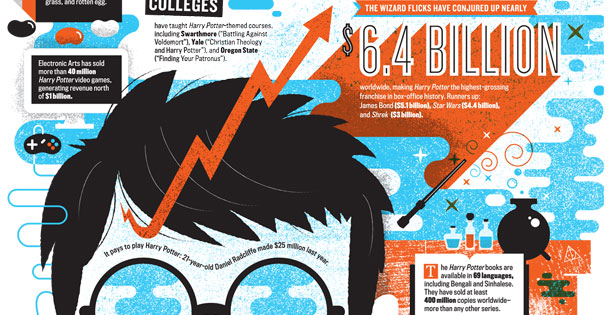
A new report by the Pew Internet & American Life Project (@pewinternet) concludes that 12% of US adults own an ebook reader as of May 2011, up from 6% in November 2010.
Hispanic adults, adults younger than age 65, college graduates and those living in households with incomes of at least $75,000 are most likely to own ebook readers. Parents are also more likely than non-parents to own these devices.
Tablet computers have not seen the same level of growth among US adults in recent months. As of May 2011, 8% of adults report owning a tablet computer such as an iPad, Samsung Galaxy, or Motorola Xoom. This represents just a 3 percentage-point increase in ownership since November 2010. Overall, the highest rates of tablet ownership are among Hispanic adults and those with household incomes of at least $75,000 annually.
Also see MediaPost's (@MediaPost) "Tablet, E-reader Owners Also Print Junkies." It says
tablet owners are 66% more likely than the average US adult to be big print magazine consumers and 54% more likely to be heavy print newspaper readers. Similarly, e-reader owners are 23% more likely to be print magazine enthusiasts and 63% more likely to get newsprint on their hands.

One popular e-reader is Barnes & Noble’s (@BNBuzz) new touchscreen Nook (@nookBN). You’ll want to read Rick Mansfield’s (@thislamp) detailed review of it (he likes it).














